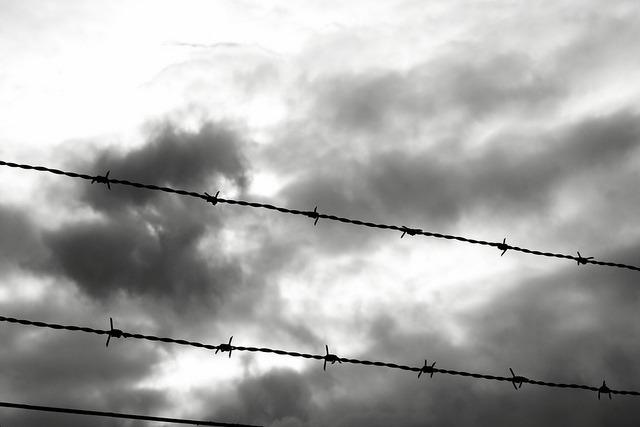
Europe Divided on Religious Persecution of Jehovah’s Witnesses
- By Derek Welch --
- 17 Oct 2017 --

Russian Ally South Ossetia Ban’s Jehovah’s Witnesses While Western Europe Continues To Condemn Actions
There is increasing tension on religious persecution of Jehovah’s Witnesses in Europe. On one hand, the breakaway republic of South Ossetia’s Supreme Court has ruled that Jehovah’s Witnesses an extreme organization. The penalty is 10 years in jail for “any religious activities such as assembly and distributing literature.”
Western and Eastern Europe Divided on Religious Persecution of Jehovah’s Witnesses[/tweetthis]
Persecution of Jehovah’s Witnesses began in July 2017 through criminal charges and the ruling by the Supreme Court will go into effect within 10 days.
South Ossetia broke away from Georgia in 1991 and has been receiving support from Russia ever since, including fighting against Georgia in two separate wars. This may be the influence of Russia, who have also banned Jehovah’s Witnesses in an identical fashion.
There has been increased pressure from European organizations against these human rights violations. The Council of Europe Parliamentary Assembly has signed an official declaration calling on the Russian government to stop “persecuting ‘non-traditional’ minority religions.” 28 members have signed the statement.
Other European nations and organizations have been trying to pressure Russia to reserve their decisions on religion. However, it seems that Russia is either asking or choosing to ignore its allies actions against any religious organizations that it seems as a threat. In particular, Jehovah’s Witnesses are targeted and being effectively kicked out of any country that has close ties to Russia.
The divide between Western and Eastern Europe over human rights and religious freedom is becoming troublingly familiar to echoes of the Cold War. It is too early to tell if international pressure is having any effect on Russia. The United States seems to be interested in religious freedom domestically, perhaps they will begin to look outward and work with Russia and their allies to eliminate the ban.


















